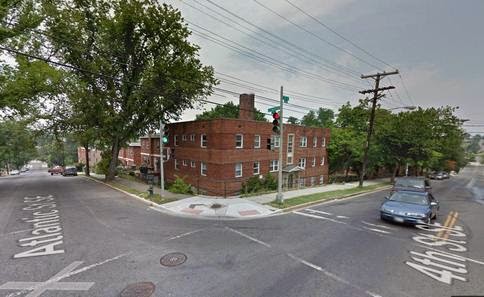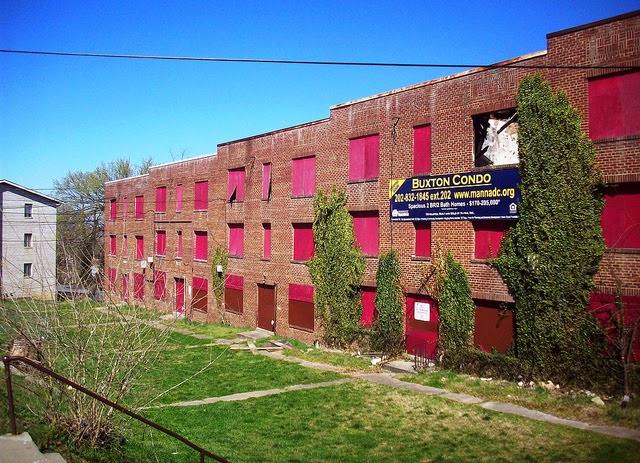By now, many of you are aware that attorney Alan Gura got another big win for the Second Amendment with his win in Palmer v. District of Columbia. US District Court Judge Frederick J. Scullin, Jr. ruled that DC’s ban on any sort of carry outside the home was unconstitutional under any level of scrutiny. The decision has been reported in most of the big papers ranging from the Washington Post to the Chicago Tribune to the New York Times (which they buried on page A16).
Congratulations must go to attorney Alan Gura, the Second Amendment Foundation, and the four individual plaintiffs led by Tom Palmer for bringing the fight to the District of Columbia and DC Police Chief Cathy Lanier. Without their efforts, there would be no win for carry in DC and, potentially, for carry in other areas.
Having read the Memorandum-Decision and Order from Judge Scullin, I was struck by a number of things. First, and most important, was the importance to this win of prior cases ranging from Heller and McDonald to Peruta, Ezell, and Moore v. Madigan. Alan Gura has stressed many times in public appearances and in private conversations that the expansion of Second Amendment rights is a building process. Just like the strategic civil rights litigation of Thurgood Marshall and the NAACP Legal Defense Fund didn’t end segregation overnight, neither will the Second Amendment Foundation, the NRA, and others involved in the legal battle to advance our Second Amendment rights win back what we lost overnight.
Second, dissents in past cases are often as important as majority opinions. For example, Judge Scullin quotes from the dissent in the New Jersey carry case of Drake v. Filko (originally Muller v. Maenza) by Judge Hardiman of the 3rd Circuit.
To speak of ‘bearing’ arms solely within one’s
home not only would conflate ‘bearing’ with ‘keeping,’ in derogation of the Court’s holding that
the verbs codified distinct rights, but also would be awkward usage given the meaning assigned
the terms by the Supreme Court.
Perhaps a more important dissent quoted in the case was by Justice Ruth Bader Ginsberg from Muscarello v. United States regarding the “natural meaning of ‘bear arms'”. Justice Ginsberg said in her dissent that to bear arms means to “wear, bear, or carry . . . upon the person or in the clothing or in a pocket, for the purpose . . . of being armed and ready for offensive or defensive action in a case of conflict with
another person.” While some may question quoting Justice Ginsberg, I think it was a masterful move by Judge Scullin.
Third, even losses in Second Amendment cases can be important for future wins. For example, even though cases such as Kachalsky from New York, Drake from New Jersey, and Woollard from Maryland failed to overturn their respective states’ rationales for granting their may-issue carry permits, they still helped Judge Scullin reach the conclusion that the Second Amendment guarantees a right to bear arms outside the home.
In light of Heller, McDonald, and their progeny, there is no longer any basis on which
this Court can conclude that the District of Columbia’s total ban on the public carrying of readyto-
use handguns outside the home is constitutional under any level of scrutiny. Therefore, the
Court finds that the District of Columbia’s complete ban on the carrying of handguns in public is
unconstitutional.
Fourth, it is significant that this decision applies to both residents and non-residents of the District of Columbia. This means that, as of now, the District of Columbia and its entire bureaucracy including the Metropolitan Police Department are enjoined from enforcing the laws forbidding carry outside the home against both groups. While Judge Scullin found the equal protection and right to travel challenges to residency requirements were not ripe, they may come up again in the future after the District develops a concealed carry permit law.
As I said last night on The Polite Society Podcast, I fully expect this decision to be appealed. The Washington Post reported earlier this evening that DC’s Attorney General plans to seek a stay in Judge Scullin’s order while they decide whether to appeal the loss.
I’ll let Alan Gura have the final say on the implications of this case:
“The decision is in effect, unless and until the court stays its decision,” Gura said Sunday. “This is now a decision that the city is required to follow — the idea that the city can prohibit absolutely the exercise of a constitutional right for all people at all times, that was struck down. That’s just not going to fly.”
Gura said allowing citizens to carry handguns for self-defense will cut crime. “This is a fantastic improvement in public safety,” he said. “Yes, we have a problem in America with gun violence. But no, that problem is not the result of law-abiding people carrying guns.”


